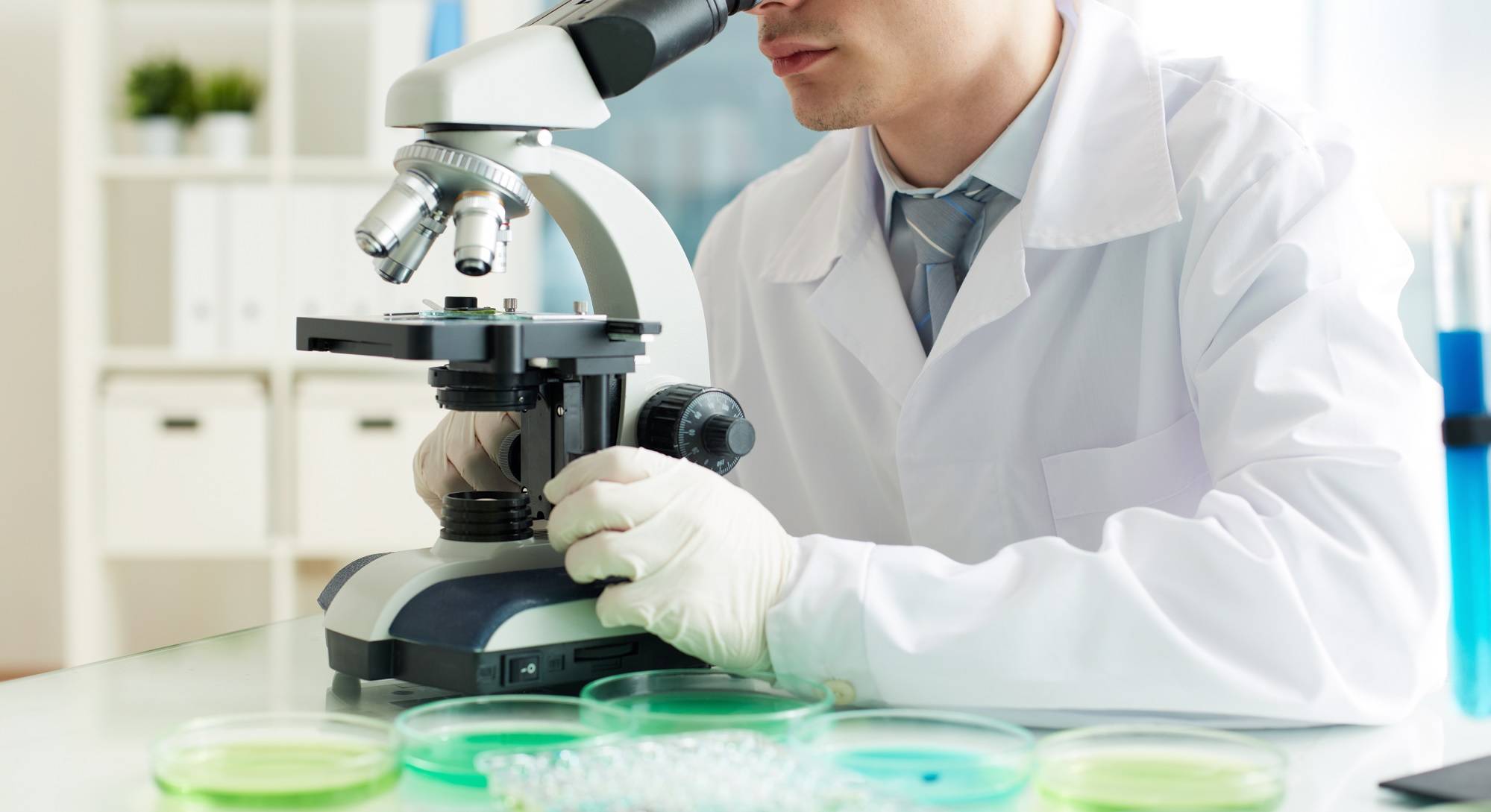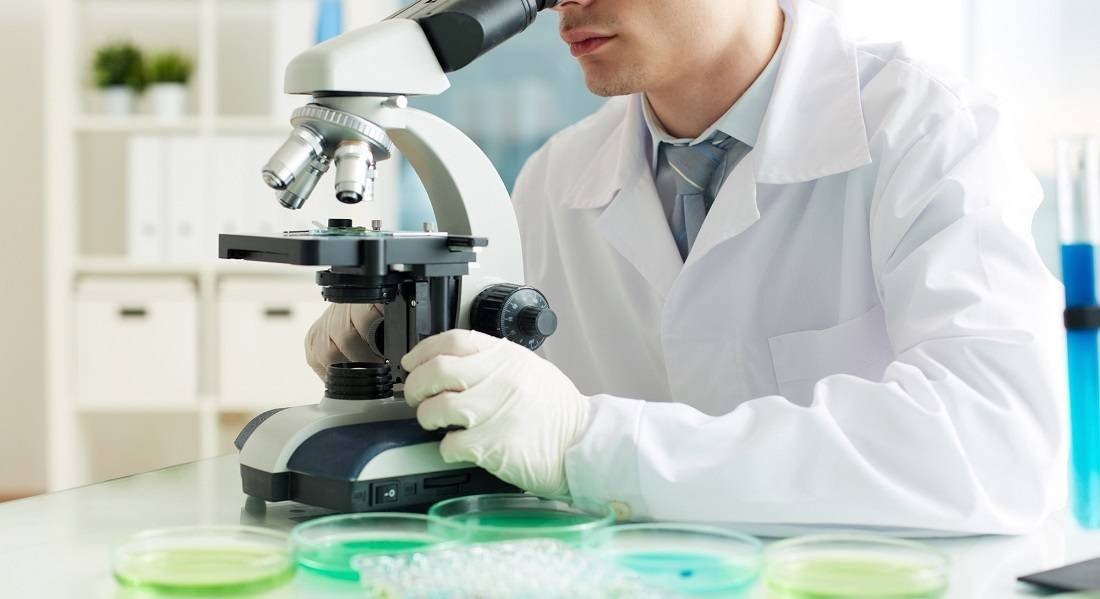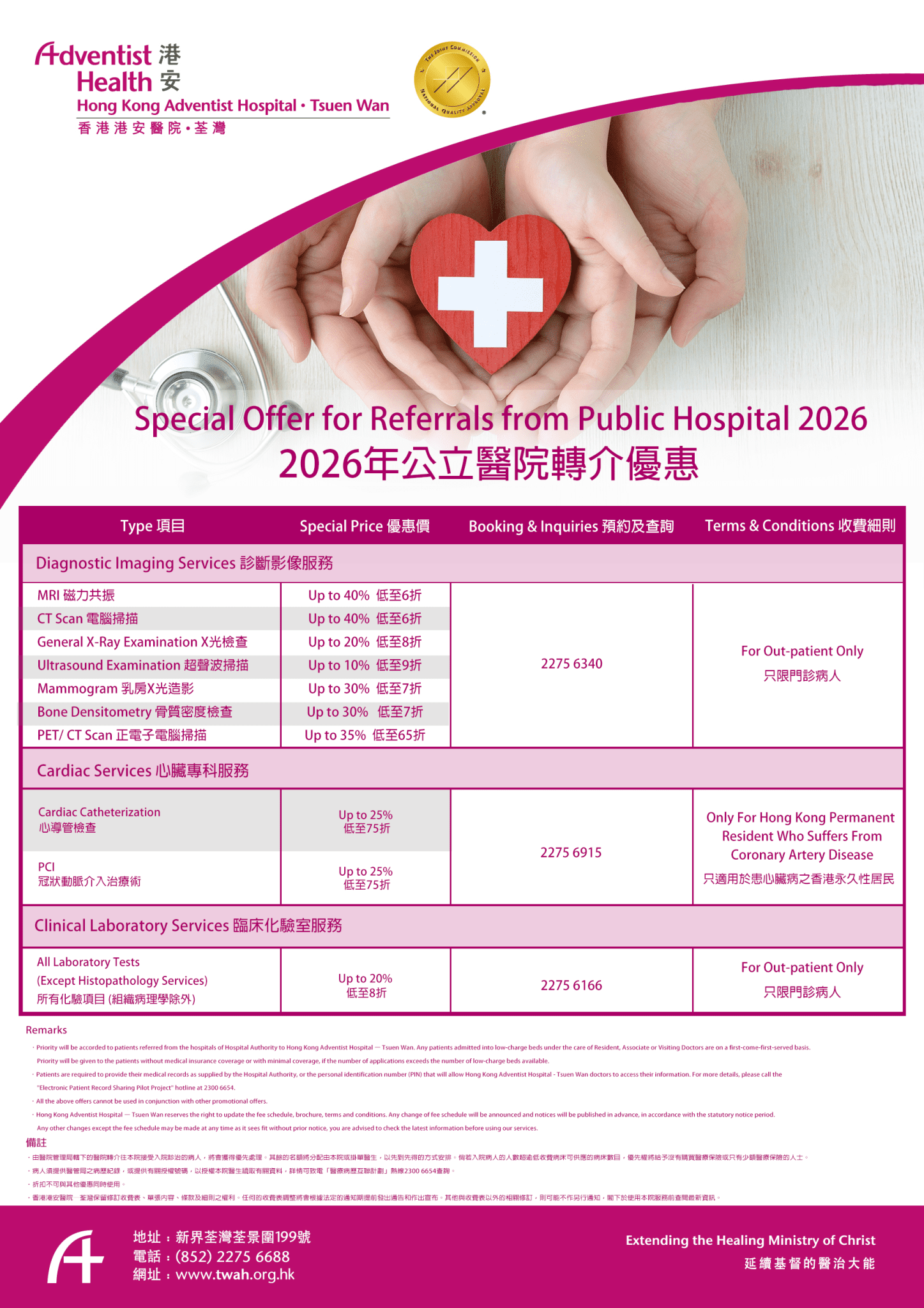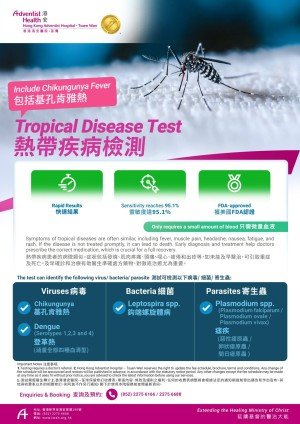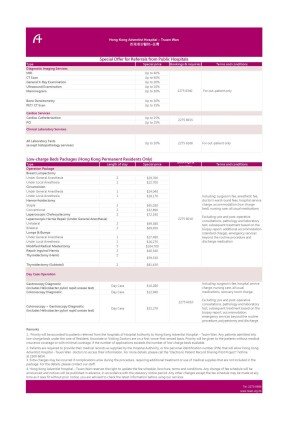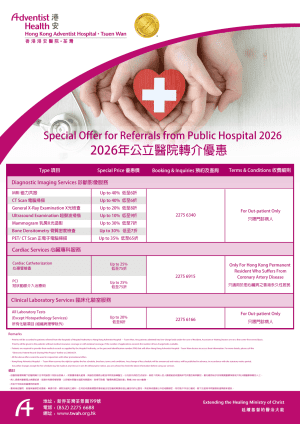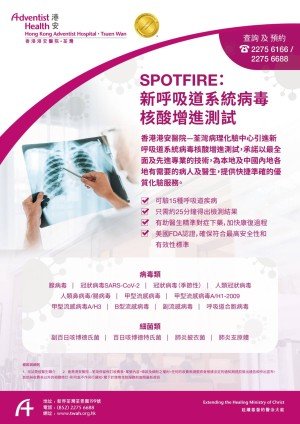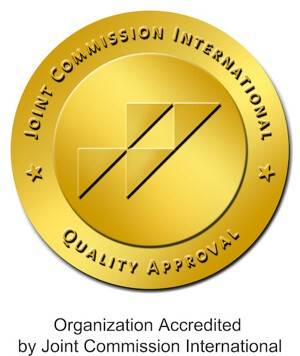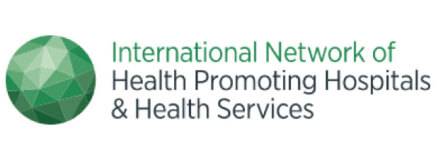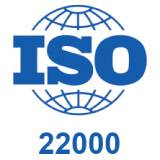COVID-19
HKAH – TW provides Deep Throat Saliva Test, Combined Nasal and Throat Swabs Test, Nasopharyngeal swab Test, and Antibody Test.
- Nasopharyngeal Swab Test collects patient’s nasal secretions for RT-PCR test. The sensitivity and specificity of the test are close to 100%, and the test time is shorter.
- Deep Throat Saliva Test requires patient’s self-collected deep throat saliva specimens for RT-PCR test. The sensitivity and specificity of the test exceed 90%.
- Antibody Test Tests the blood for antibodies against COVID-19. It is a diagnostic test, and if positive, indicates that you have been infected in the past. It is suitable for patients who have no COVID like symptoms at present.
Histopathology and Cytology
We offer diagnostic services in histopathology, cytology, and surgical pathology, including frozen sections. Our in-house pathology not only renders us efficient and faster turn-around times but our two in-house Pathologists also provide prompt consultation for clinical cases, when needed.
Chemistry and Special Chemistry
We perform a wide range of tests, including allergy profiles, RAST tests, drugs of abuse, hepatitis, cancer markers as well as the Covid-19 antibodies.
Hematology
The hematology service is equipped with a fully automated cell counter with a true five-part white cell differential and a wide platelet detection range. Coagulation tests like Protein C, Protein S, Antithrombin III, Lupus, Factors VII, VIII and IX; Low Molecular weight drug tests are available at our Laboratories.
Blood Transfusion Services (Blood Bank)
The HKAH–TW & SR Blood Bank and Transfusion Services provide blood and blood components and perform laboratory testing for the whole hospital. The blood and blood products for our patients are supplied to us by the Hong Kong Red Cross Blood Transfusion Services.
Microbiology
Our Laboratories are equipped with Maldi-TOF mass spectrophotometry, a high-grade technology for Microbial identification and diagnosis. We offer a full range of microbiological services including virology, aerobic and anaerobic bacteriology, mycobacteriology, parasitology and mycology testing. Rapid detection for bacterial, Cryptococcal, influenza A and B antigens and Dengue virus antibodies are also available.
Molecular Biology
This faculty uses an innovative molecular technique, providing a powerful tool for diagnosing and improving the sensitivity and specificity of testing.
This is a platform that has been continuously expanding in our laboratories, with new updated additions, like STD, Covid-19 PCR, fever and rash profile, HPV, HBV, GE and Pneumonia profiles including not only bacteria but viruses too.


